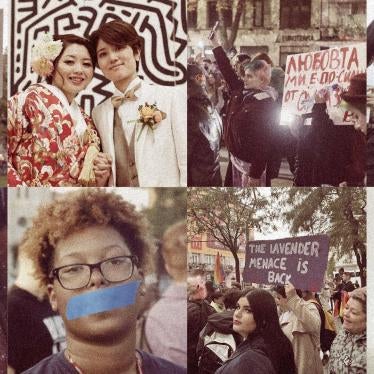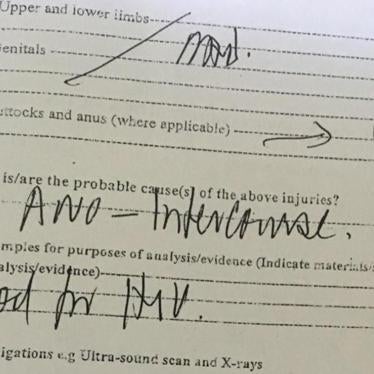When Facebook changed its gender options last week to an open-ended question, it sent an important message of diversity and respect for freedom of expression.
As the company now explains: “if you do not identify with the pre-populated list of gender identities, you are able to add your own.” Now, users are able to list up to 10 gender terms to describe themselves and control the audience that sees them. “We recognize that some people face challenges sharing their true gender identity with others and this setting gives people the ability to express themselves in an authentic way.”
Facebook’s pivot toward gender inclusiveness comes as LGBTI activists around the world demand to be recognized in ways that line up with their identities. Many of these efforts have focused on giving people more options when filling in the numerous forms that require gender identification.
At least six countries – Bangladesh, India, Pakistan, Nepal, New Zealand, and Australia – now legally recognize more than two genders in some way. Activists in the Netherlands have argued that eliminating the ubiquitous gender boxes on documents could be an effective and respectful step towards accommodating diversity. International regulations on passports require holders to identify their gender, but even on these highly scrutinized documents, gender can be legally listed as “X” for unspecified.
Why does allowing people to record their gender identity on their own terms matter? Experience has shown that carrying documents that list people’s gender identity as opposed to sex assigned at birth can help them avoid humiliating and harmful scrutiny while traveling, accessing health care, enrolling in school, voting, and participating in other basic aspects of civic life.
What is more, allowing for choice can make an enormous difference to what we know about the experiences of people who identify outside of a male-female gender binary.
For example, one survey of gender-nonconforming people in the United States showed that people who identified with a write-in gender term were living in poverty at a higher rate than other transgender respondents despite higher educational attainment.
Facebook has taken an important step toward respecting “each person’s deeply felt internal and individual experience of gender,” and can be a model for other systems looking to adjust respectfully toward inclusion and dignity.








